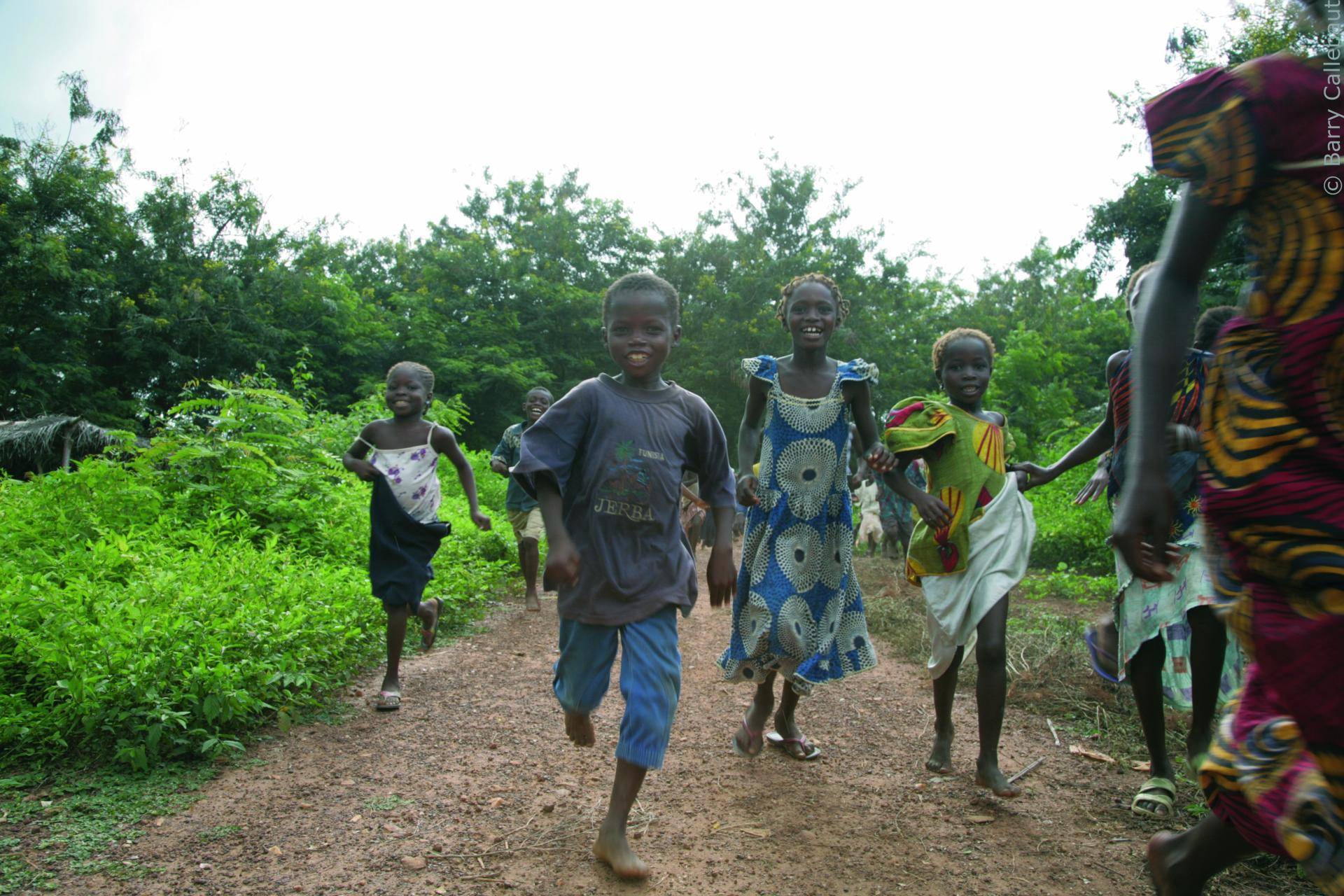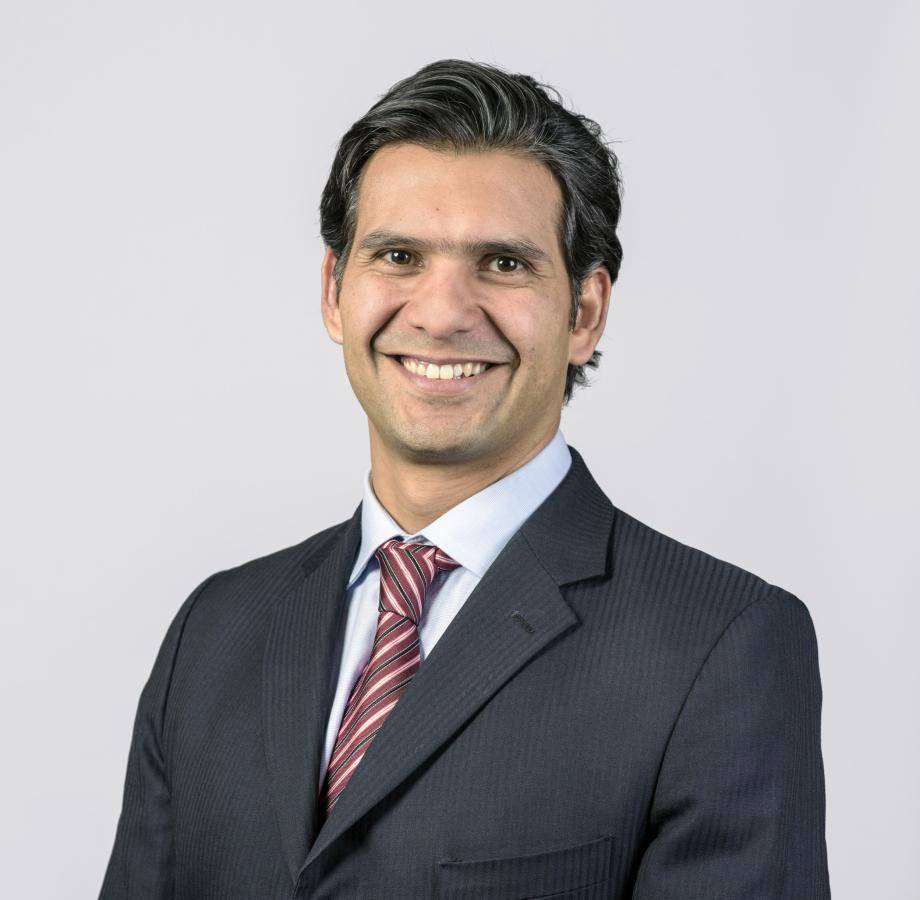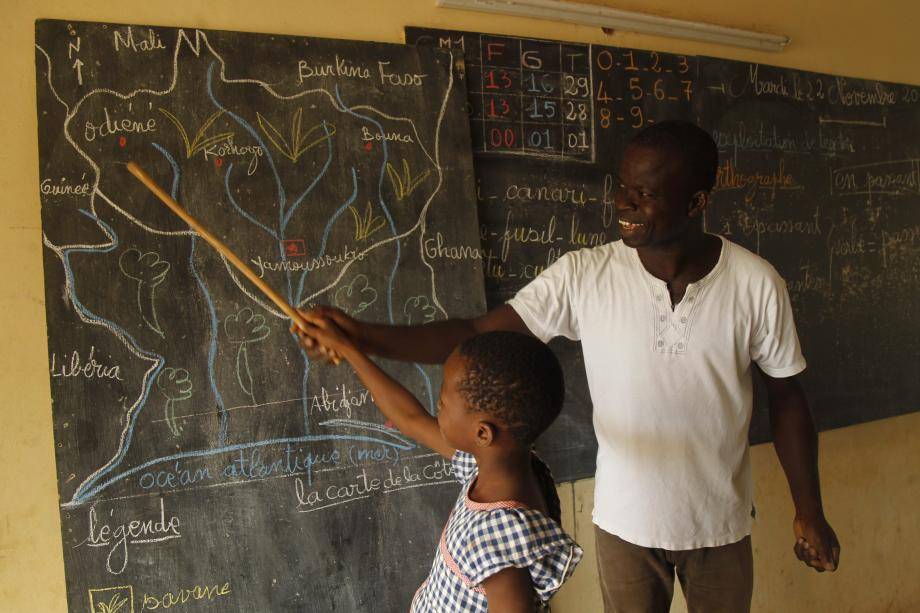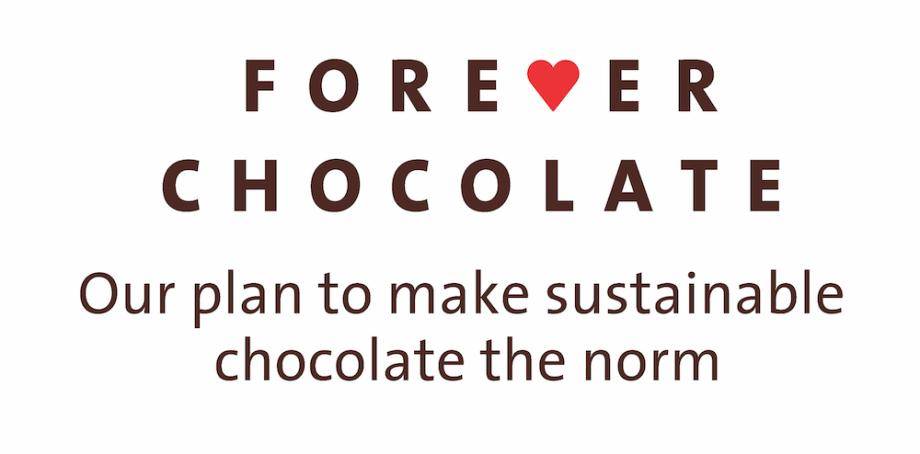Eradicating child labor: move from remediation to prevention

Eradicating child labor: move from remediation to prevention

Fabio Segura, Head of International Programs, Jacobs Foundation
What are the main areas of focus for the Jacobs Foundation in West Africa?
FS: In 2015 The Jacobs Foundation created Transforming Education in Cocoa Communities (TRECC), a partnership to improve the living conditions of children and youth in Côte d’Ivoire through high-quality education. Over the last three years, the Ivorian government, 12 cocoa and chocolate companies, 20 civil society organizations and academic partners, and three foundations have joined this effort.
To date, TRECC’s partners and co-investors have jointly committed USD 85 million to pilot and scale evidence-based parenting/early childhood development (ECD), literacy/numeracy, and youth education programs, with a focus on rural areas. We aim for this investment to catalyse major system transformations in both education policy and the sustainability approach of the cocoa and chocolate industry.
To date, TRECC’s partners and co-investors have jointly committed USD 85 million to pilot and scale evidence-based parenting/early childhood development (ECD), literacy/numeracy, and youth education programs, with a focus on rural areas.
How are your actions relevant for the challenge to eradicate child labor?
FS: Quality education is perhaps the single most effective approach to eradicate child labor, due to its potential positive effects on welfare, dependency ratio, and other variables affecting household decisions on children’s work and/or school. Conversely, access to education without quality is an empty promise. Simply building classrooms or donating school kits, has by itself little to no impact on learning, let alone on child labor.
Surveys suggest that as much as 71% of child laborers in Côte d’Ivoire and 96% in Ghana attend school, indicating that school supply alone does not guarantee children protection. We have growing evidence that involving parents in early childhood development and education, combining school inputs with improved pedagogy practices in the classroom, and equipping youth with life-skills development, can.

What are in your view, the actions the cocoa industry, Barry Callebaut not in the least, should undertake in parallel to the work by the Jacobs Foundation?
FS: Barry Callebaut has been among the first industry partners of TRECC. Together, we are pilot-testing models to increase parents’ understanding of child development, offering out-of-school children a relevant curriculum and effective pedagogy through bridging classes, and providing tailored training for youth. In my opinion, Barry Callebaut could further improve its Forever Chocolate strategy by setting and monitoring quality education targets under its goal to eradicate child labor.
The biggest untapped potential for the cocoa industry is to go beyond one-off projects, into the integration of quality education in its sustainability strategy.
The biggest untapped potential for the cocoa industry is to go beyond one-off projects, into the integration of quality education in its sustainability strategy. Company investments to support young learners, improve learning environments, develop relevant content, enhance education processes and outcomes can yield very high social returns for communities, while increasing brand equity, reducing supply chain inefficiencies, and boosting farmer loyalty.
Are we on track to eradicate child labor in cocoa farming?
FS: Despite recent advancement in Côte d’Ivoire’s efforts to eliminate the worst forms of child labor, I believe the industry is lagging behind in its objective to eradicate it. The most recent surveys show that the absolute number of children working in cocoa production have increased faster than the number of farmers reached through child labor monitoring and remediation systems.
This reality calls into question the speed and scalability of the industry response, and suggests the need for a disruption shifting the approach from remediation, to prevention; from single company project, to multi-stakeholder alliance; and from counting children in the fields, to ensuring learning outcomes in schools.

Forever Chocolate is Barry Callebaut's plan to make sustainable chocolate the norm by 2025 to help ensure future supplies of cocoa and improve farmer livelihoods. It supports the Cocoa Horizons Foundation in its goal to shape a sustainable cocoa and chocolate future.
